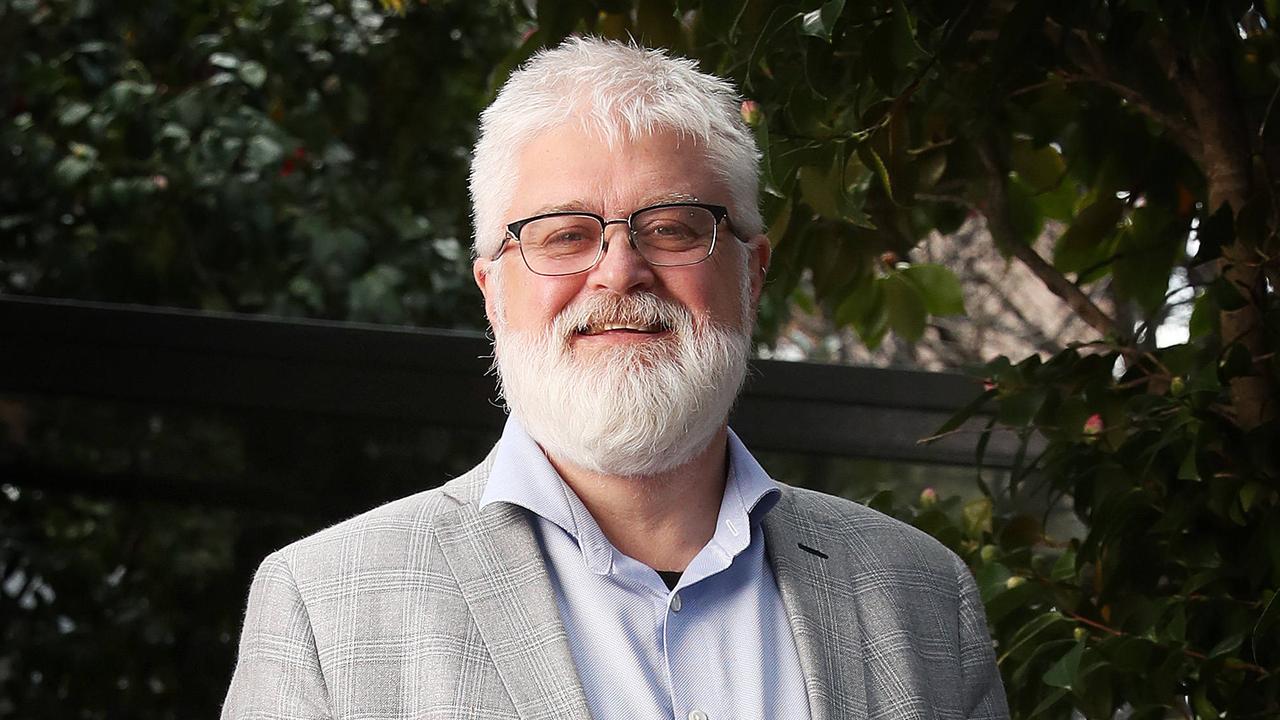Larkins calls for right to set fees
THE HECS loan system should be deregulated and universities should be free to set student fees for degrees, prominent vice-chancellor Richard Larkins says.
THE HECS loan system should be deregulated and universities should be free to set student fees for degrees, prominent vice-chancellor Richard Larkins says.
In a speech today at the Melbourne Press Club, Professor Larkins will argue that deregulation of the student contribution amount under HECS is among measures necessary for Australia's universities to make an impact in the global knowledge economy.
"There is no evidence that HECS is a disincentive for students and, if our best universities are to be internationally competitive, a step change in funding is required," he says in his speech, seen by the HES.
"Competition and the universities' own sense of fairness will ensure these fees are not excessive and the extra income will be used in part to support disadvantaged students."
He says students should be allowed to buy or hire computers and defer the cost as part of their HECS loan.
Professor Larkins, vice-chancellor and president of Monash University, chairs the board of the peak lobby, Universities Australia, but he emphasises that he is expressing his personal opinion.
Justifying his calls for change, he points to a history of declining public investment in the sector and increasing student-staff ratios.
'The last dozen or so years have been a tumultuous time for Australian universities," Professor Larkins says.
"The investment by the federal government in support of the university education of its citizens fell by about 30 per cent (a) student in real terms between 1996 and 2004."
As public funding fell, student-staff ratios have increased from 14 to one to 20 to one, he says. "A dismal ratio even when compared (with) the best universities in Asia, let alone the elite universities in the US and the UK."
Professor Larkins says his HECS deregulation idea is one of nine affordable proposals intended to allow Australia's universities to be "real players" in the knowledge economy of the 21st century.
Professor Larkins also calls for an extra $2 billion from annual federal budget surpluses to be invested until the higher education endowment fund reaches $20 billion.
His other proposals include indexation for commonwealth grants and research compacts to promote educational technology and industry engagement.
He argues for a national intern scheme and says more attention should be paid to indigenous access to university in the spirit of the apology made by Prime Minister Kevin Rudd.
"Support for disadvantaged students must be enhanced," he says in his speech.
He will tell those at the Melbourne Press Club lunch that it is essential for government and business to invest more in tertiary education.
"No institutions are more important to the future of Australia than our universities," he says in his speech.
"The declaration of the education revolution is the declaration of a battle that we cannot afford to lose.
"It has to be more than rhetoric and signal a new beginning for Australia."



